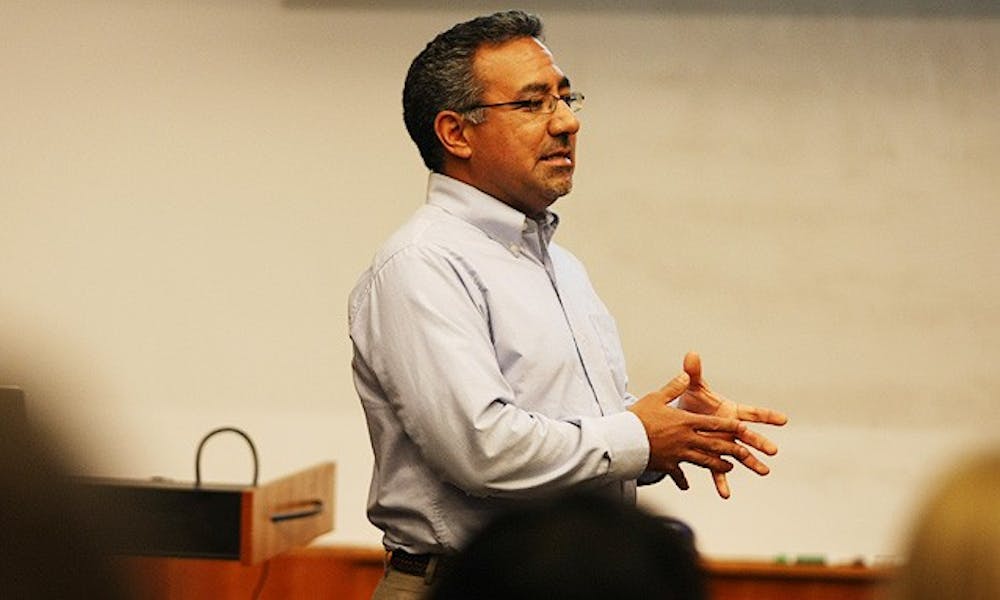After the Spring semester, cable services will no longer be offered in student dorm rooms.
Associate Dean for Residence Life Joe Gonzalez announced the change April 6 in an email to the student body and discussed Duke Student Government’s concerns about the change at its meeting Thursday night.
Although individuals will lose the ability to purchase cable services, all televisions in common rooms on East and West Campus will switch to high-definition television delivered over the internet, Gonzalez said.
“As part of the transition [away from cable], we will be instituting HD [IPTV] in the common rooms, but one of the things that we do lose is the cable support for the student rooms,” he said.
He added that the University decided to downsize because of the high expenses required to support the system. In the email to students, Gonzalez wrote that the necessary upgrades to continue to offer cable would cost “in the neighborhood of $1 million.”
“Less than 15 percent of our rooms have cable, so most students are doing something different, if they’re even watching TV,” he said. “Should Duke transition to a different model, we would need [everyone] to pay for cable. There just wasn’t a clear student consensus that all on campus were willing to foot the bill for that type of service.”
Junior Ben Goldenberg, interim vice president for residence life and dining, said cutting the cable services may affect more students than Gonzalez initially considered.
“I think people [on East and West] will survive, and their quality of living won’t be tremendously affected,” Goldenberg said. “But on Central, I see that as being a huge issue [because] Central living is much more self-sufficient. In your apartment, you want the amenities of apartment-style living, so that’s where I see the issues.”
To make up to students for the loss of cable, the University will try to provide other services.
“We are willing to look at [instituting satellite TV] for Central in particular, given the different levels in need,” Gonzalez said. “This is one avenue we’re exploring, in addition to others, such as subsidized Netflix.”
In other business:
Freshman Patrick Oathout, an academic affairs senator, gave a presentation on why he filed a complaint with the DSG Judiciary last night regarding the way in which names were presented on ballots. He said the change from alphabetical ordering of candidates’ names to a randomly generated ballot was not approved by the Senate and was thus unconstitutional, though the Judiciary unanimously upheld the decision in the election Tuesday night.
Sophomore Alex Swain, next year’s vice president for Durham and regional affairs, gave a presentation on creating new committees within DSG. She and others proposed both internal and external committees.
Get The Chronicle straight to your inbox
Signup for our weekly newsletter. Cancel at any time.

